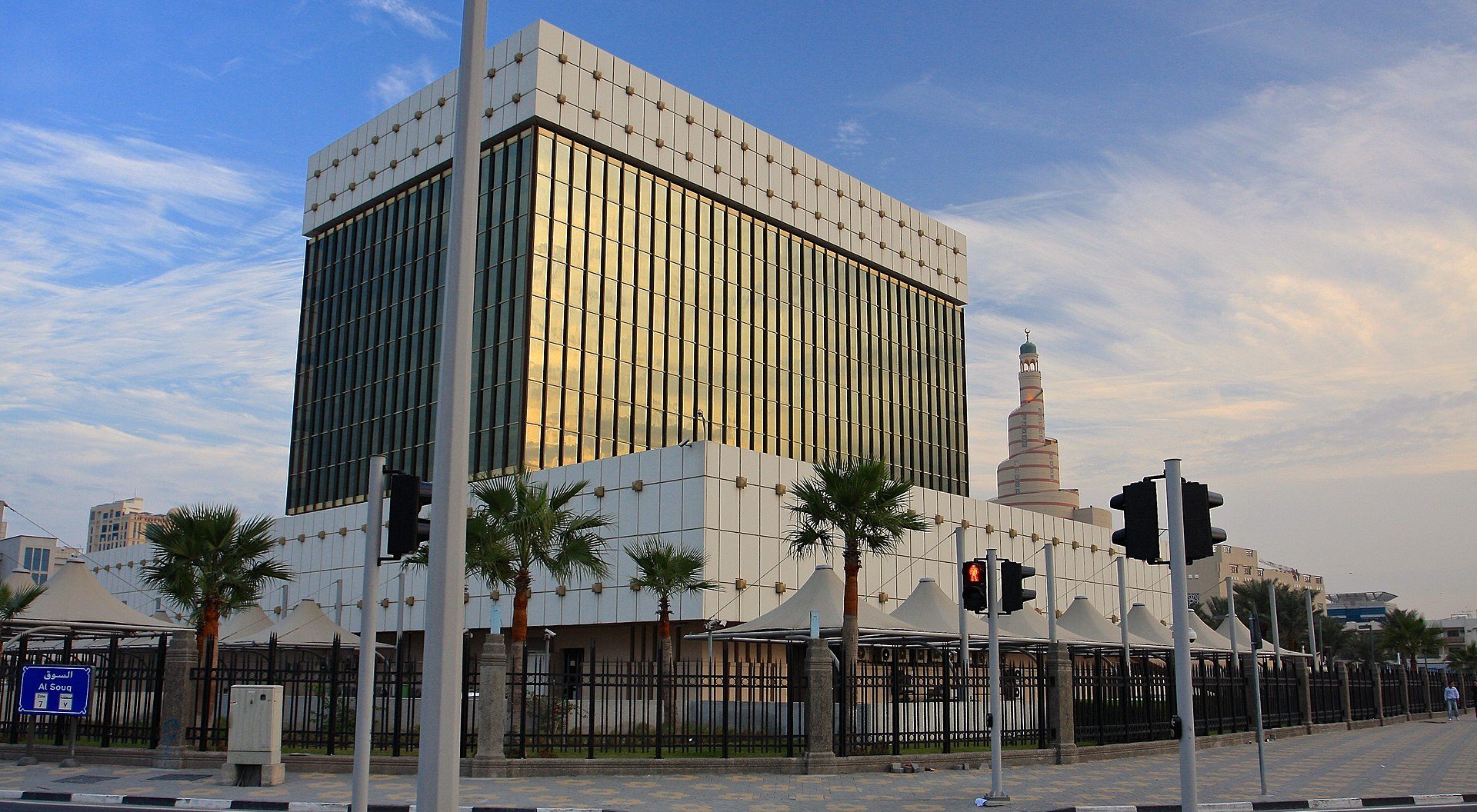The World Bank described Qatar’s estimated economic growth as one of the best rates in the region.
Qatar’s budget surplus for the first quarter (Q1) of 2023 hit QAR 19.7 billion ($5.4 billion), the Gulf state’s finance ministry announced on Monday.
In December last year, Qatar announced a 2023 budget surplus of QAR 29 billion (nearly $8 billion) for the entire year. The latest figure shows that at least 68% of the initial budget surplus has been achieved during Q1 alone, Qatar News Agency (QNA) reported.
Breaking down the figure, QNA reported that the total revenue for Q1 reached QAR 68.6 billion ($18.8 billion).
Out of the total amount, QAR 63.4 billion ($17.4 billion) were oil and gas revenues whereas non-oil revenues accounted for QAR 5.2 billion ($1.4 billion).
Explaining the higher oil revenue, the ministry said the oil prices during Q1 stood at $82.2 per barrel, whereas the estimated price for the Gulf state’s initial budget for this year was $65 per barrel.
Meanwhile, the total spending for Q1 of this year hit QAR 48.9 billion ($13.4 billion), out of which QAR 15.6 billion ($4.2 billion) represented salaries and wages.
The remaining QAR 17.3 billion ($4.7 billion) was spent on expenses, secondary capital expenditures made up QAR 1 billion (around $275 million), and major capital expenditures represented QAR 15.1 billion ($4.1 billion).
Qatar’s Minister of Finance Ali bin Ahmed Al Kuwari previously said the surplus will go into paying off public debt, supporting the reserves of Qatar Central Bank (QCB), and increasing the capital of the Qatar Investment Authority (QIA)—the Gulf state’s sovereign wealth fund.
Offering a positive outlook for Qatar this year, the World Bank forecasted the country’s economic growth by 3.3% and the gross domestic product (GDP) per capita at 2.2%.
In April, the World Bank described the estimated economic growth as one of the best rates in the region.
Economy ‘in good shape’
Speaking at the Qatar Economic Forum last month, Al Kuwari said that Doha’s economy is unlikely to be impacted by changes in global oil prices due to growth from its non-hydrocarbon sector.
“We are in good shape, because now the growth is coming from the non-hydrocarbon sector, so really we don’t care about the movement in the oil prices,” Al Kuwari told Bloomberg at the time.
Commenting on the Gulf state’s economic growth, Al-Kuwari said Qatar performed “very well” last year and confirmed a 32% nominal GDP growth.
“Last year we did very well. The economy, the non-hydrocarbon sector grew at 6.7% versus hydrocarbon at 1.5%, the whole year growth 4.8%, 32% in nominal GDP, which is a record GDP, $240 million,” he explained.
Commenting on this year’s expectations, he said Qatar’s economy is still in good shape, citing analysis from the World Bank and global analysts.
Qatar also boasted significant economic growth following the 2022 FIFA World Cup last year, the first to ever take place in an Arab and Muslim country.
Responding to a question on Qatar’s spending surplus, Al-Kuwari said Doha has “a disciplined fiscal policy framework” that decides how to manage it as well as the deficit.
Asked about a tightness in liquidity, the Qatari minister rejected the idea that his country is facing the same pressures of inflation as seen in economies across the world.
“Qatar is not under pressure in terms of inflation like somewhere else. So we are doing it because purely as a monetary policy, just because we are back to the dollar when we have to follow. So we don’t get into the arbitrage business,” he said.







